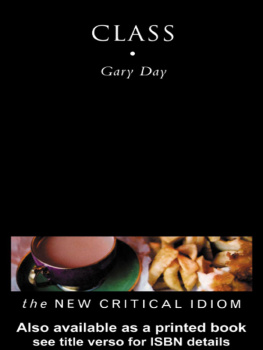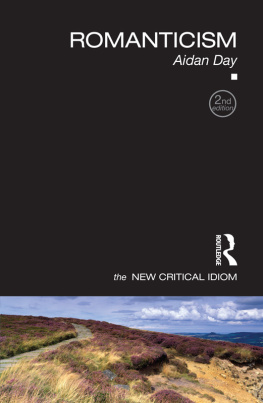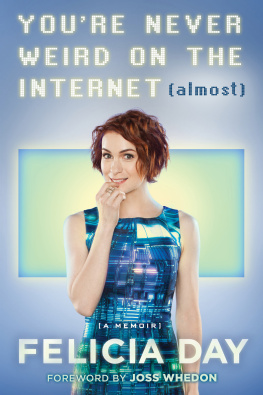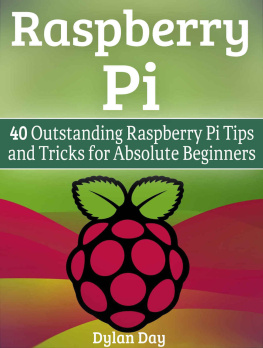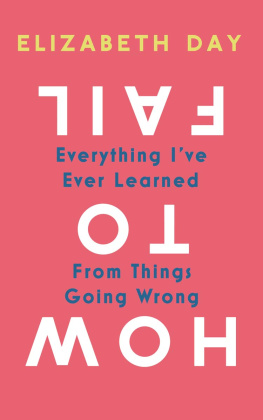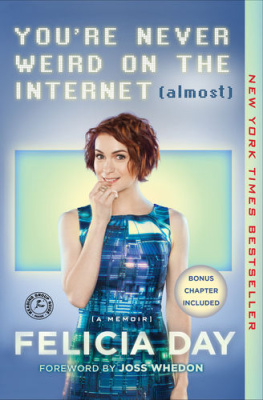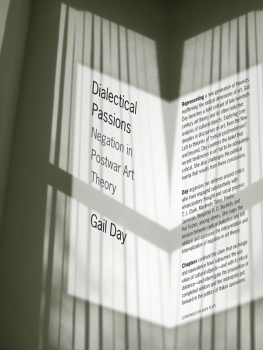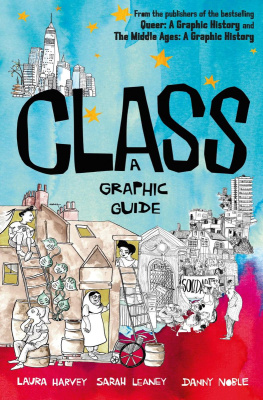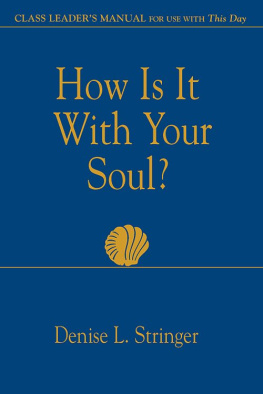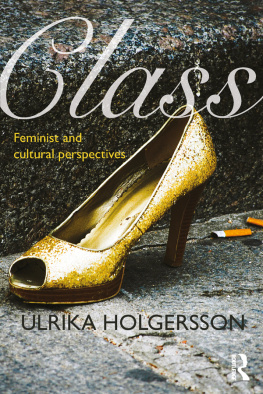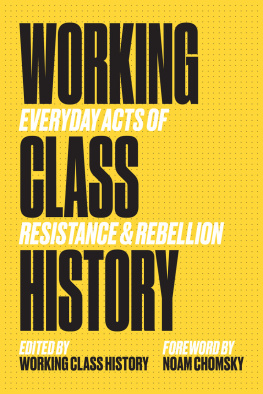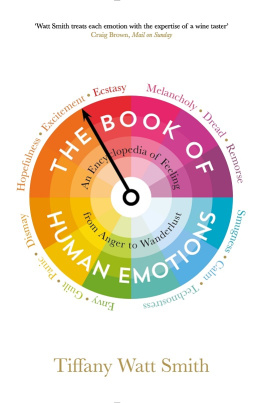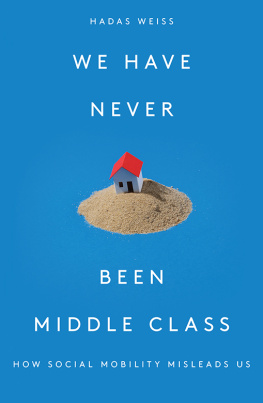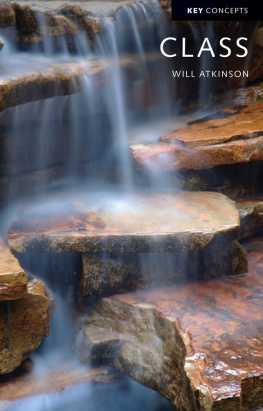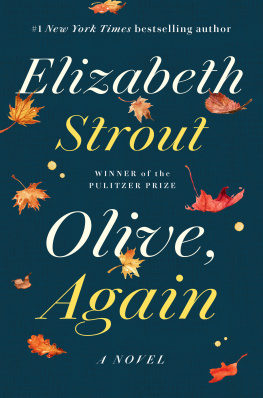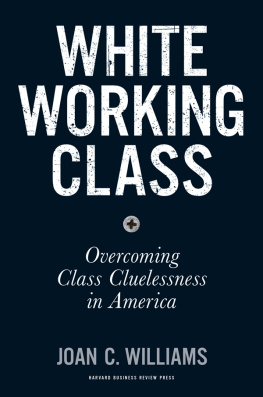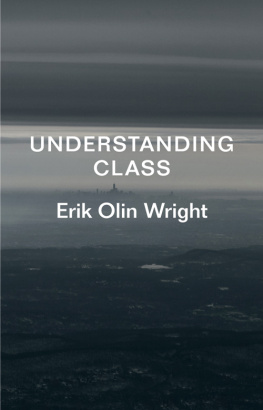Day - Class
Here you can read online Day - Class full text of the book (entire story) in english for free. Download pdf and epub, get meaning, cover and reviews about this ebook. City: London;Englisch, year: 2006;2011, publisher: Routledge, genre: Religion. Description of the work, (preface) as well as reviews are available. Best literature library LitArk.com created for fans of good reading and offers a wide selection of genres:
Romance novel
Science fiction
Adventure
Detective
Science
History
Home and family
Prose
Art
Politics
Computer
Non-fiction
Religion
Business
Children
Humor
Choose a favorite category and find really read worthwhile books. Enjoy immersion in the world of imagination, feel the emotions of the characters or learn something new for yourself, make an fascinating discovery.
Class: summary, description and annotation
We offer to read an annotation, description, summary or preface (depends on what the author of the book "Class" wrote himself). If you haven't found the necessary information about the book — write in the comments, we will try to find it.
Class — read online for free the complete book (whole text) full work
Below is the text of the book, divided by pages. System saving the place of the last page read, allows you to conveniently read the book "Class" online for free, without having to search again every time where you left off. Put a bookmark, and you can go to the page where you finished reading at any time.
Font size:
Interval:
Bookmark:

This engaging account traces the complex relationship between class, literature and culture from the medieval period to the present. It is the ideal guide for any reader seeking to understand this complex term and the ways in which it can inform literary and cultural analysis.
Gary Day guides readers through the complex strands of a relationship where literature represents class but also enables certain class formations to develop. As his survey enters the twentieth century, he looks beyond the written text to examine the ways in which cinema and television represent class. The author then uses his revised notion of class to tackle contemporary cultural theories head-on.
This is the perfect introduction to a concept which impacts not only on literary and cultural studies but also on daily life.
Gary Day is a principal lecturer in English at De Montfort University, Bedford. He is the author of Re-reading Leavis: Culture and Literary Criticism and has edited a number of books on literature and culture.
SERIES EDITOR: JOHN DRAKAKIS, UNIVERSITY OF STIRLING
The New Critical Idiom is an invaluable series of introductory guides to today's critical terminology. Each book:
- provides a handy, explanatory guide to the use (and abuse) of the term
- offers an original and distinctive overview by a leading literary and cultural critic
- relates the term to the larger field of cultural representation
With a strong emphasis on clarity, lively debate and the widest possible breadth of examples, The New Critical Idiom is an indispensable approach to key topics in literary studies.
Also available in this series:
Autobiography by Linda Anderson
Colonialism/Postcolonialism by Ania Loomba
Culture/Metaculture by Francis Mulhern
Discourse by Sara Mills
Genders by David Glover and Cora Kaplan
Gothic by Fred Botting
Historicism by Paul Hamilton
Humanism by Tony Davies
Ideology by David Hawkes
Intertextuality by Graham Allen
Literature by Peter Widdowson
Metre, Rhythm and Verse Form by Philip Hobsbaum
Modernism by Peter Childs
Myth by Laurence Coupe
Parody by Simon Dentith
Pastoral by Terry Gifford
Romanticism by Aidan Day
Science Fiction by Adam Roberts
Sexuality by Joseph Bristow
Stylistics by Richard Bradford
The Unconscious by Antony Easthope
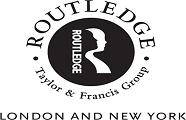
First published 2001
by Routledge
11 New Fetter Lane, London EC4P 4EE
Simultaneously published in the USA and Canada
by Routledge
29 West 35th Street, New York, NY 10001
Routledge is an imprint of the Taylor & Francis Group
This edition published in the Taylor & Francis e-Library, 2001.
2001 Gary Day
The right of Gary Day to be identified as the Author of this Work has been asserted by him in accordance with the Copyright, Designs and Patents Act 1988
All rights reserved. No part of this book may be reprinted or reproduced or utilised in any form or by any electronic, mechanical, or other means, now known or hereafter invented, including photocopying and recording, or in any information storage or retrieval system, without permission in writing from the publishers.
British Library Cataloguing in Publication Data
A catalogue record for this book is available from the British Library
Library of Congress Cataloging in Publication Data
Day, Gary, 1956
Class/Gary Day.
p.cm (New critical idiom)
Includes bibliographical references and index.
1. Marxist criticism. 2. CriticismPolitical aspects. 3. Canon (Literature) 4. Social classes in literature. I. Title. II. Series.
PN98.C6 D36 2001
801'.95dc21 0065296
ISBN 0-415-18222-0 (hbk)
ISBN 0-415-18223-9 (pbk)
ISBN 0-203-13569-5 Master e-book ISBN
ISBN 0-203-18246-4 (Glassbook Format)
The New Critical Idiom is a series of introductory books which seeks to extend the lexicon of literary terms, in order to address the radical changes which have taken place in the study of literature during the last decades of the twentieth century. The aim is to provide clear, well-illustrated accounts of the full range of terminology currently in use, and to evolve histories of its changing usage.
The current state of the discipline of literary studies is one where there is considerable debate concerning basic questions of terminology. This involves, among other things, the boundaries which distinguish the literary from the non-literary; the position of literature within the larger sphere of culture; the relationship between literatures of different cultures; and questions concerning the relation of literary to other cultural forms within the context of interdisciplinary studies.
It is clear that the field of literary criticism and theory is a dynamic and heterogeneous one. The present need is for individual volumes on terms which combine clarity of exposition with an adventurousness of perspective and a breadth of application. Each volume will contain as part of its apparatus some indication of the direction in which the definition of particular terms is likely to move, as well as expanding the disciplinary boundaries within which some of these terms have been traditionally contained. This will involve some re-situation of terms within the larger field of cultural representation, and will introduce examples from the area of film and the modern media in addition to examples from a variety of literary texts.
I would like to thank my colleagues at De Montfort for taking the strain while I enjoyed the leisure of a sabbatical, particularly Nigel Wood and Alistair Walker. The scepticism of Kathy Bell and Dominic Fox sharpened many ideas as did the constant questions of Kevin Morris. Clive Bloom was, as ever, a useful source of information and an invaluable support as was Libby di Niro, who generously read much of the manuscript and educated me about the eighteenth century. Andy Mousley's sense of humour has sustained me while his expertise on the Renaissance and his work on humanism have helped shape this book. My biggest intellectual debt is to the general editor, John Drakakis, for his encyclopaedic knowledge, his tips and pointers, and his sharp eye for the weak link or the poor phrase. I am grateful to Margaret Griffith of De Montfort library for her advice and for her miraculous knack of knowing just where to look. Thanks to Joy Dye for the glossary and for her endless emails about life, the universe and everything. Finally, I owe thanks to Elizabeth Thompson at Routledge for all her encouragement, polite reminders and grace under pressure and to Sophie Richmond, the copy editor, for her eagle eyes.
This book examines the relationship between class and literature from the late medieval period to the present. I put these terms in quotation marks because they are problematic and I will use quotation marks whenever I need to
Font size:
Interval:
Bookmark:
Similar books «Class»
Look at similar books to Class. We have selected literature similar in name and meaning in the hope of providing readers with more options to find new, interesting, not yet read works.
Discussion, reviews of the book Class and just readers' own opinions. Leave your comments, write what you think about the work, its meaning or the main characters. Specify what exactly you liked and what you didn't like, and why you think so.

